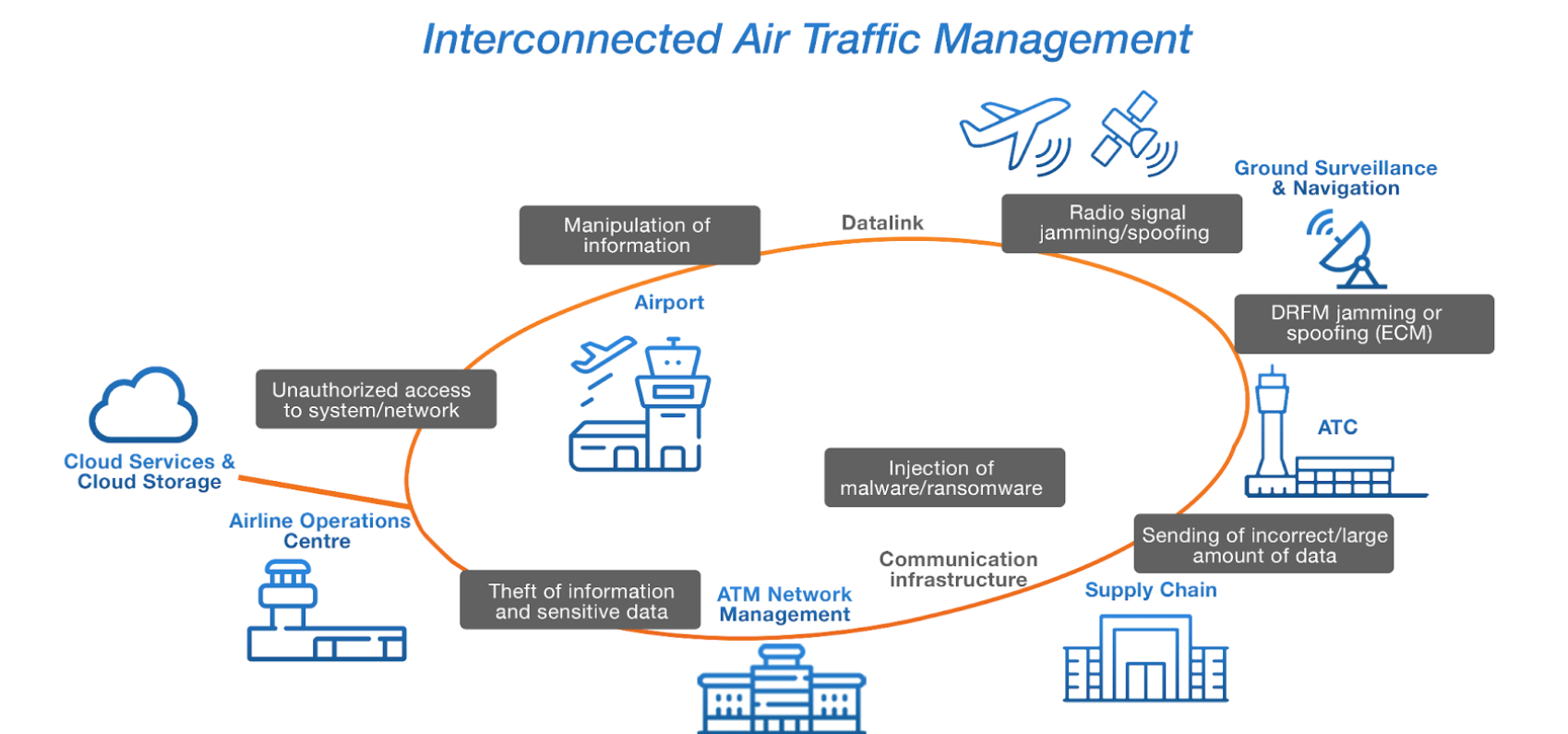A distributed denial-of-service (DDoS) attack on Eurocontrol's website has serious consequences, with the potential to disrupt air traffic control across Europe.
EUROCONTROL has confirmed that its website has been under attack since April 19 when pro-Russian hackers claimed responsibility for the disruption. This attack has since caused interruptions to the website and web availability. EUROCONTROL also reported an earlier disruption in 2018 when their website was targeted by a similar attack, causing the site to become inaccessible for several hours.
EUROCONTROL is a European organization responsible for managing air traffic control across the continent. Coordinating commercial traffic between 41 states, which include the EU and their national air-traffic control systems.
|
EUROCONTROL's website provides critical information to pilots, air traffic controllers, and other aviation professionals, and if it were to go offline, it could cause significant disruptions to the aviation industry. |
So what does this mean?
A DDoS attack is a type of cyber attack where many devices flood a website or network with traffic, overloading its servers and causing it to become unavailable. A DDoS attack aims to obstruct regular traffic to a network or website in order to prevent users from accessing it.
A DDoS attack on EUROCONTROL's website could have serious repercussions, with the potential to disrupt air traffic control across Europe.

A DDoS assault on the website of EUROCONTROL may also have wider effects on cybersecurity. As a result, a DDoS attack on EUROCONTROL's website might possibly be used as a front for more malicious activities intended to compromise EUROCONTROL's systems, potentially resulting in a number of other serious issues:
Communication breakdown: Air traffic control relies on communication between air traffic controllers, pilots, and ground employees. A cyber attack can disrupt these communication channels, causing serious misunderstanding and potentially leading to accidents.
Loss of control: A cyber attack can give hackers unauthorized access to air traffic control systems, allowing them to manipulate data and disrupt the flow of air traffic.
Theft of data: Air traffic control systems contain sensitive information about aircraft, flight paths, and passengers. The theft of this data could compromise the privacy and security of passengers and potentially lead to other security threats.
Interoperability and automation of connected processes across the European Sky create more flanks for attackers with direct impact on the safety of passengers and goods.
The ongoing implications of the Eurocontrol attack include the need for enhanced vigilance and investment in cybersecurity across critical infrastructure industries. The risk of cyber assaults increases as more systems become connected and dependent on technology.
Therefore it is critical for organizations to remain ahead of the threat and take proactive efforts to secure their systems and data.




